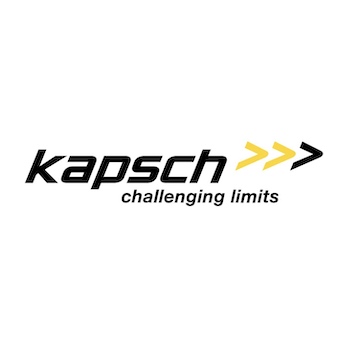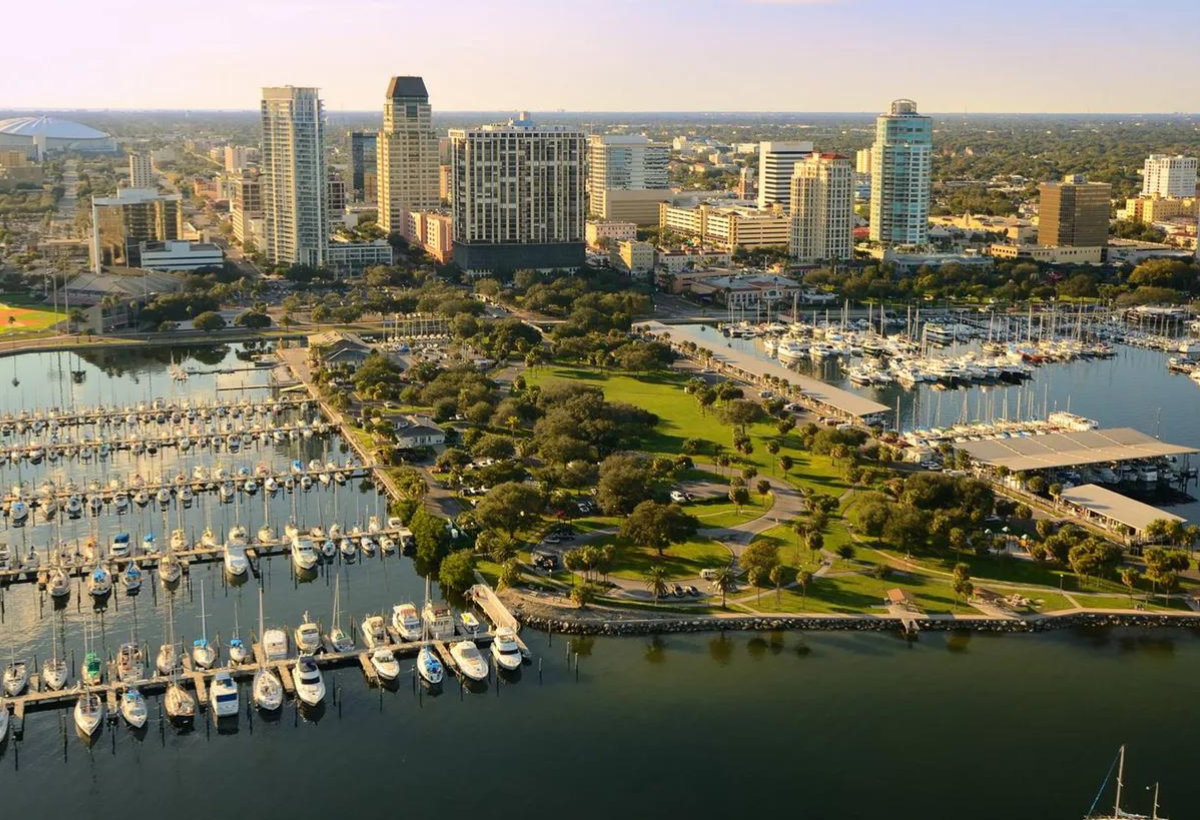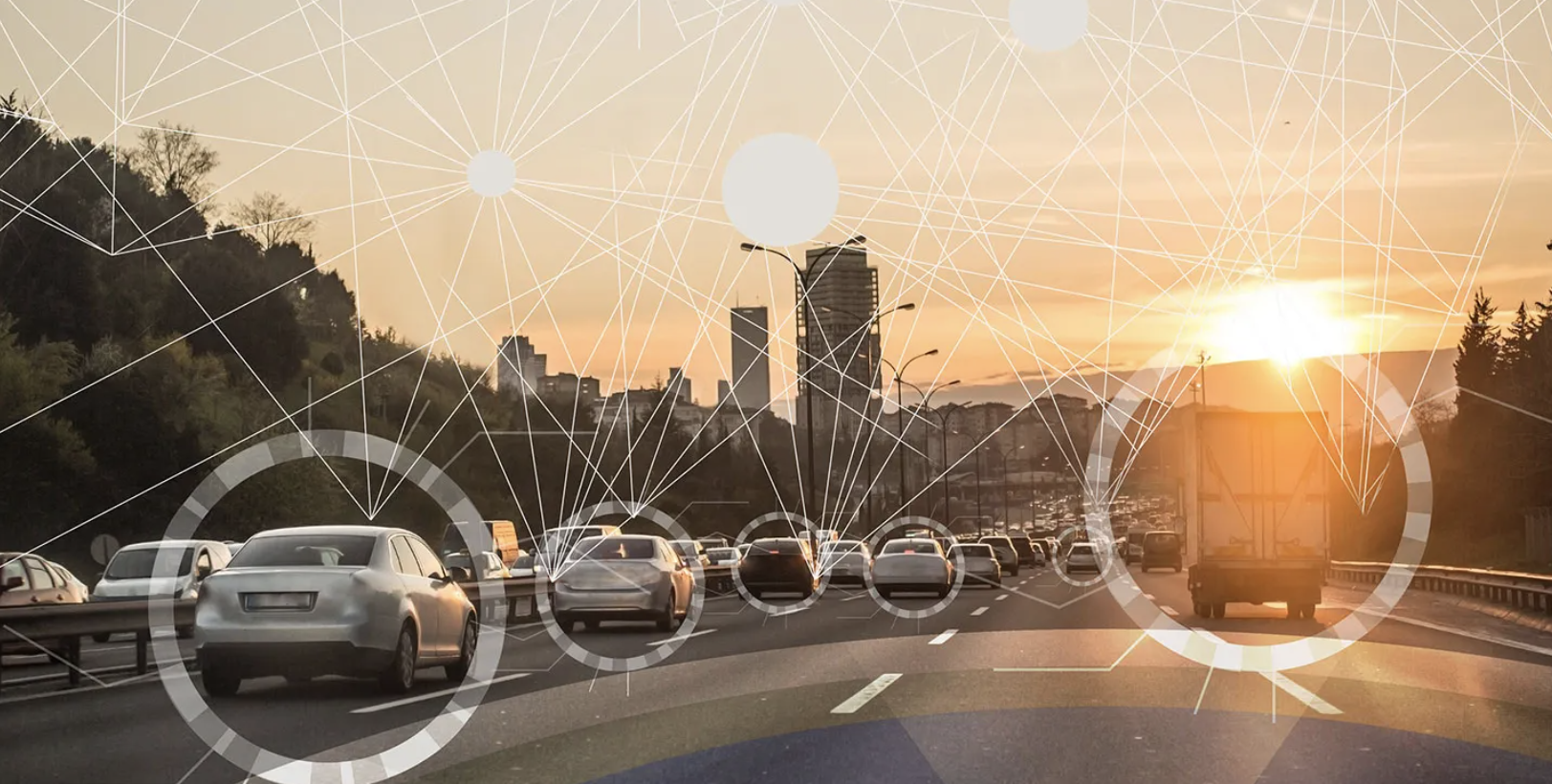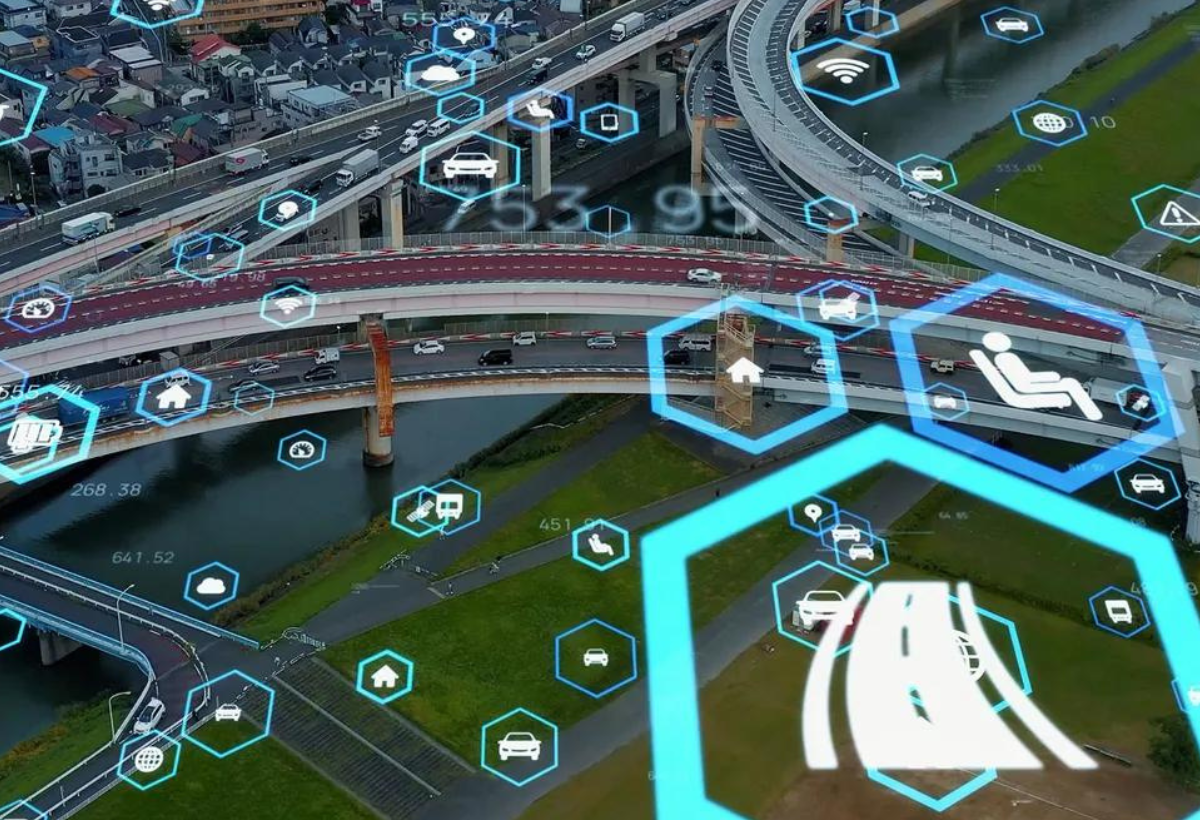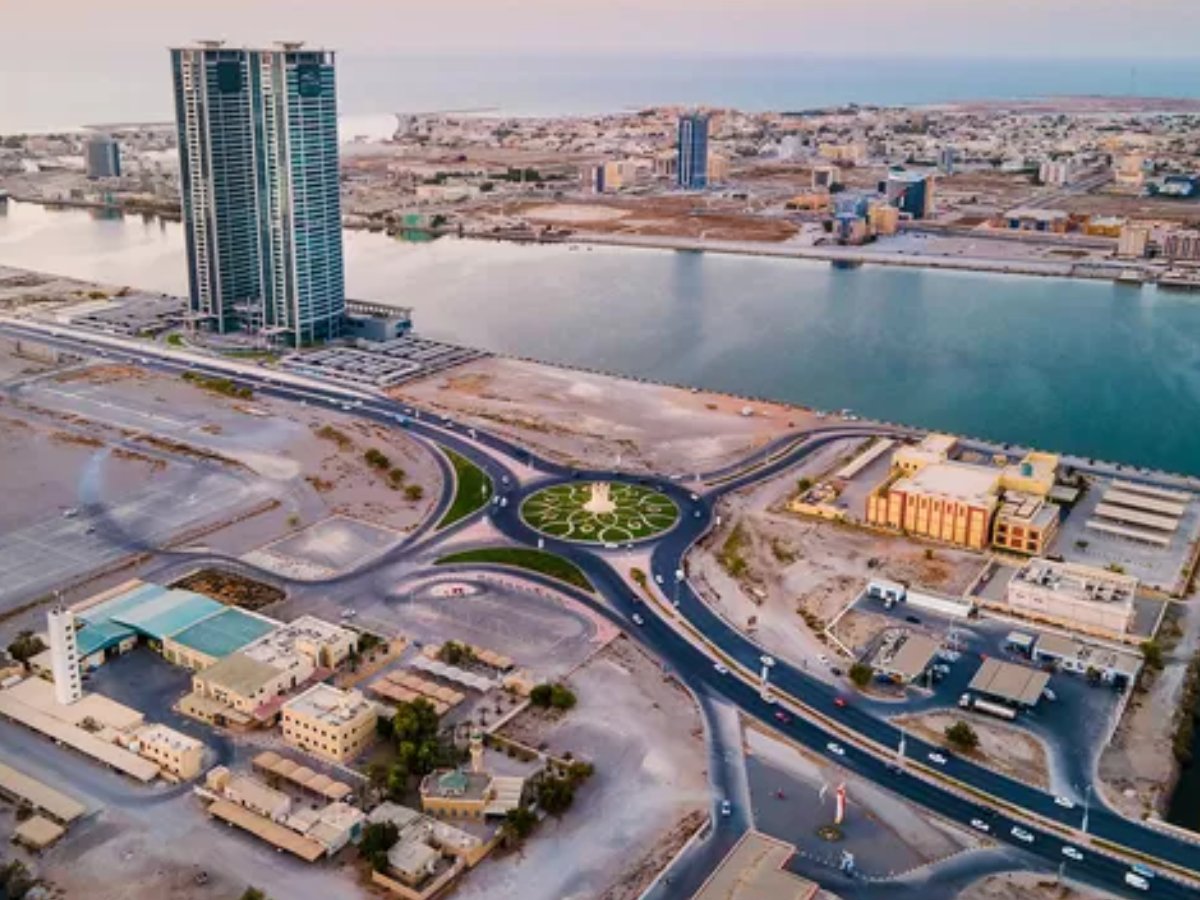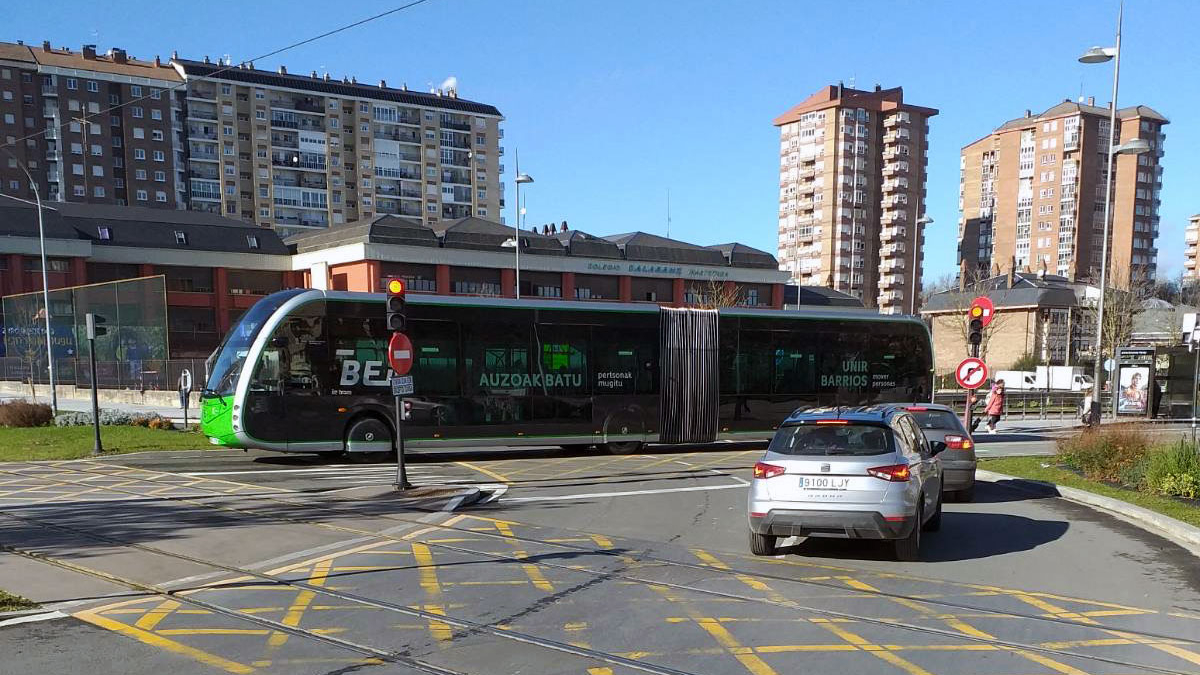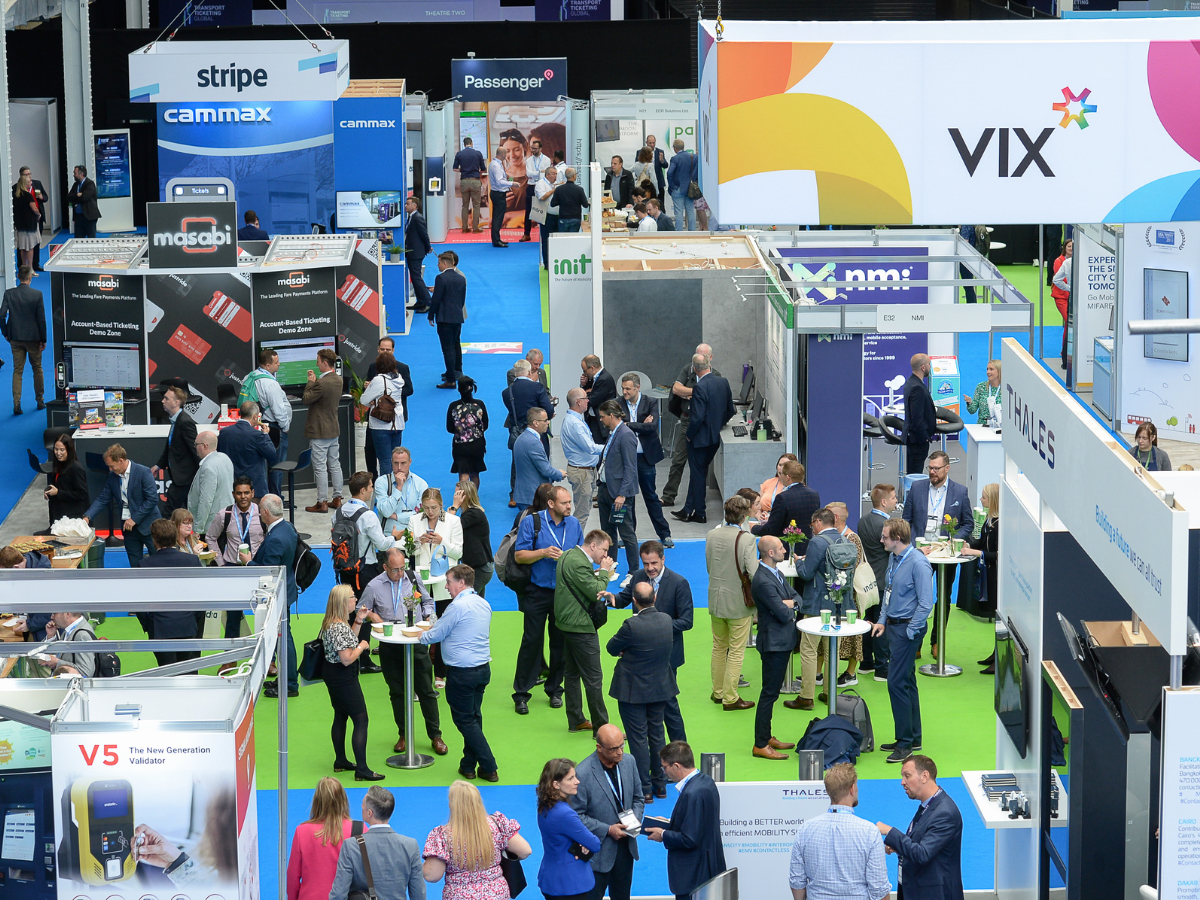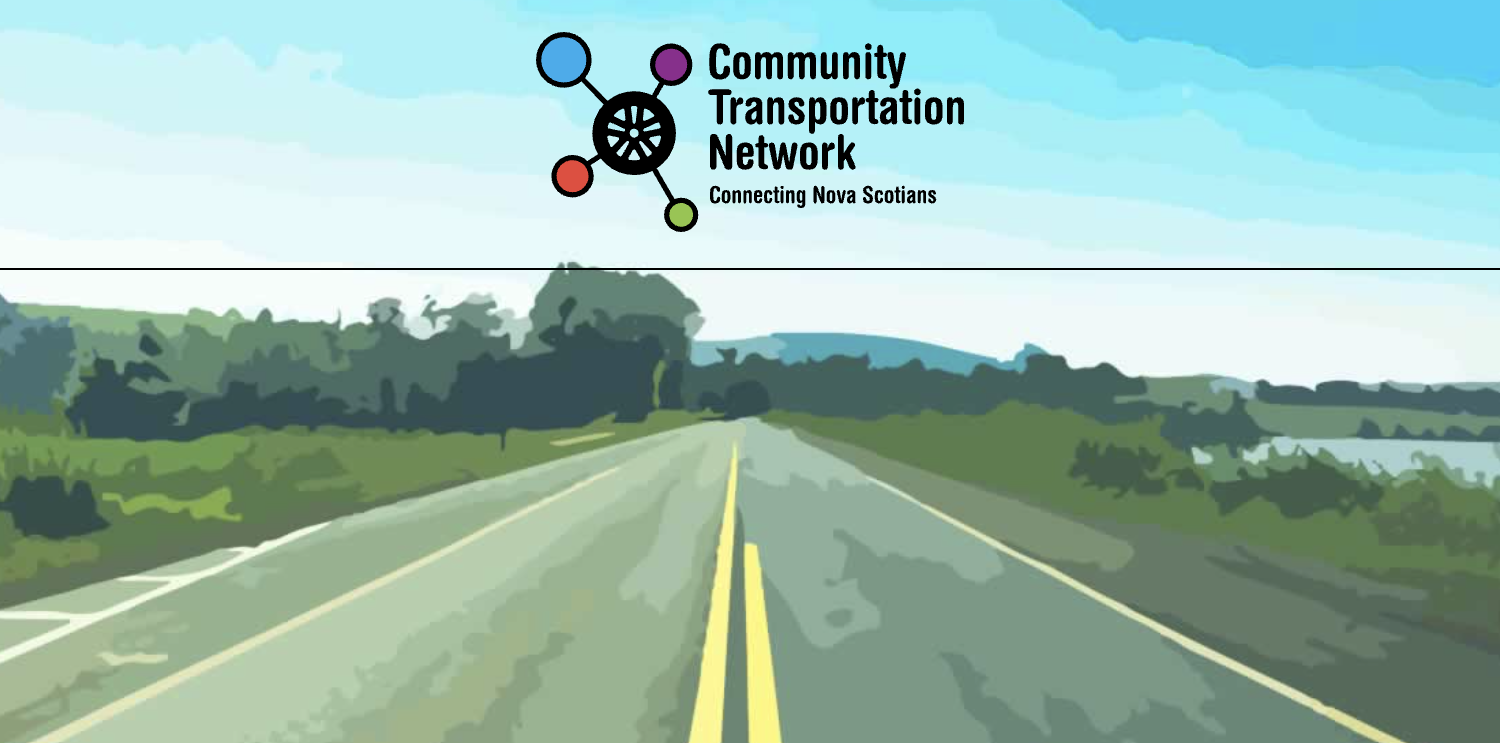Congestion-Hit Cities Must Do More to Improve Traffic
- More than 200 hours lost to congestion per driver
- Technology to combat congestion already deployed around the globe
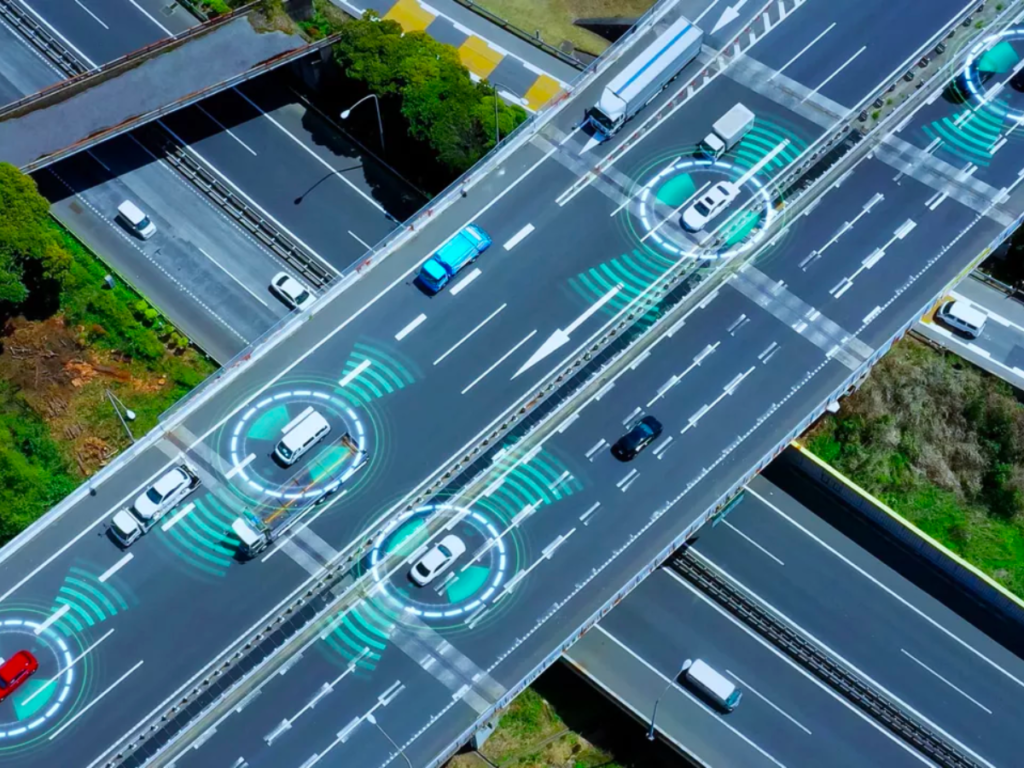
Congestion is a serious issue for Latin American cities, and it is only getting worse.
The continent’s urbanization rate is increasing, with eight out of ten people living in cities. This trend is contributing to the growth of vehicular traffic, and as a result, traffic congestion has become a major problem in many cities.
According to the navigation technology provider TomTom, the time lost in rush hour traffic in the many metropolitan areas, like Lima, Bogota, Buenos Aires, Sao Paolo, or Santiago, exceeded 200 hours per driver in 2022. This means that the average driver in these cities spent over a full week in traffic. In addition to the individual time lost, the economic costs of congestion are significant, running in the billions for each individual city. However, these issues are not exclusive to Latin America, and there are examples of cities around the globe that have taken measures to combat congestion.
Melbourne, Gothenburg, Seville
The Australian city of Melbourne, for example, is using artificial intelligence and connected vehicle technology to not only make traffic safer, but also to address the growing traffic volume that brings rising pollution levels and congestion.
The “Australian Integrated Multimodal EcoSystem” or AIMES, connects all traffic participants through a complex web of environmental and traffic sensors. These sensors gather, analyze and distribute information in split seconds to paint an accurate picture of the current traffic situation and even open a predictive window into the near future. This helps traffic authorities make decisions about things like traffic flow and alternative routes, delivering real-time efficiency and safety benefits to traffic participants.
Gothenburg, Sweden, meanwhile, is currently establishing a new congestion charging system aimed at managing urban traffic levels. The barrier-free city tolling scheme covers a complex city area passed through by approximately 150 million vehicles each year. In addition to reducing traffic levels, it provides the city with approximately 90 million Euros in tax revenue per year.
Finally, in the Spanish city Seville, traffic management is also taking the route of artificial intelligence with the deployment of the Mobility Data Platform. Previously futuristic concepts, like real-time parking information, dynamic traffic control to avoid congestion, or demand-based control of public transport during major events, are becoming a reality here, as the system turns dispersed data into accessible information for traffic managers.
A Road to the Future
As the number of drivers in Latin America keeps growing, it is clear that congestion is a problem that will only get worse if left unaddressed. The technologies to do something about it are there, and the business case is clear when the economic costs of congestion are considered. Some cities have already taken the first steps in exploring the technical possibilities that can help them in their battle against congestion, and many more are certain to follow suit, so the question is really not if, but rather when such systems will become common place in cities around the world.
Kapsch TrafficCom in Latin America
Kapsch TrafficCom has been active in Latin America since 2000 and has now implemented projects in 10 countries and 19 cities in the region. Under the leadership of Samuel Kapsch, the focus is primarily on modern tolling systems and intelligent traffic management solutions for highways and cities to avoid congestion and reduce emissions.
This article was originally published by Kapsch TrafficCom.

